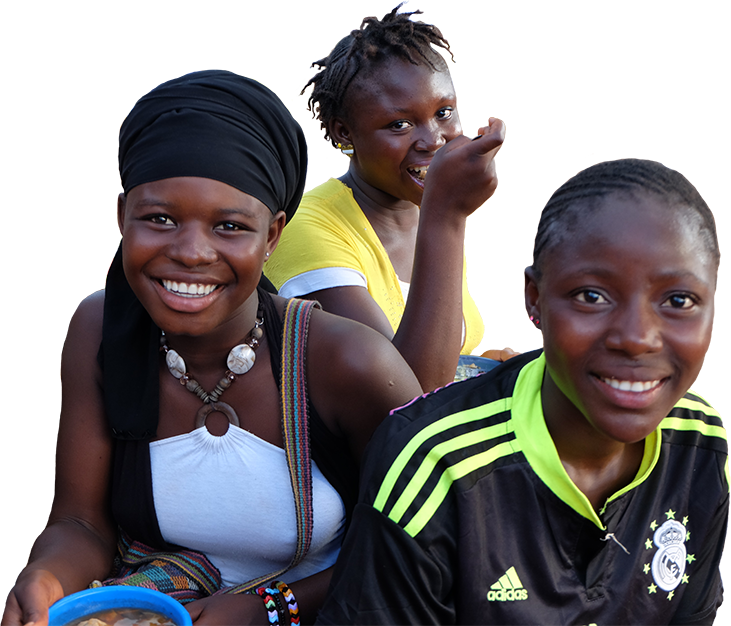Formative research helps us understand the challenges and opportunities that adolescents face, as well as barriers and enablers to behavior change. Routine monitoring is needed to assess progress toward program goals and national targets. Implementation research and evaluations are needed to identify effective approaches. The Adolescent Nutrition Resource Bank includes a variety of protocols and tools for monitoring, evaluating, and researching adolescent nutrition. If you have relevant monitoring, evaluation, or research resources, please send them to info@advancingnutrition.org.
We found 128 resource(s)
Pakistan Adolescent Nutrition Strategy and Operational Plan
Policy published by UNICEF in
The Pakistan Adolescent Nutrition Strategy summarizes the state of health and nutrition among 10–19 year olds, with an emphasis on malnutrition and micronutrient deficiencies. The stratgey outlines three strategic areas, the role of development partners, and monitoring and evaluation strategies.
Food and Me: How Adolescents Experience Nutrition across the World
Technical Report published by UNICEF, Western Sydney University in
This report synthesizes findings from workshops with 600+ adolescents in 18 countries, in which the participants talked about their diets, nutritional knowledge, body image, and barriers and facilitators of healthy eating. This resource contains many quotes from adolescents regarding their perceptions of healthy and unhealthy foods and dietary…
Multi-Sector Adolescent Nutrition Strategy 2019-2023 (Malawi)
Policy published by Government of Malawi in
The Malawi Multi-Sectoral Adolescent Nutrition Strategy for 2019-2023 adopts a multi-sectoral approach to improving adolescent nutrition. Focus areas include undernutrition, overnutrition, adolescent empowerment, positive behavior change, communicable diseases, creating an enabling environment for nutrition interventions and monitoring and…
Adolescent Nutrition in Indonesia: What Have We Learned?
Brief published by IFPRI in
This brief summarizes undernutrition and overweight/obesity among Indonesian adolescents and describes existing programs and policies targeting anemia, overweight/obesity and fruit/vegetable consumption. It also highlights potential bundling of interventions (iron supplementation, de-worming and nutrition education) and notes that both school- and…
Qualitative Evaluation of a Social Media Campaign to Improve Healthy Food Habits among Urban Adolescent Females in Indonesia
Journal Article published by Academic Journal in
This paper outlines the results of a qualitative evaluation of a social media campaign to promote healthy eating among urban adolescent girls (15-19) in Indonesia. The social media campagin was considered acceptable by the adolescents. They reported finding it informative in terms of health risks of unhealthy diets and motivational to change their…
Adolescent Nutrition in West Africa: A Rapid Review of the Research Evidence
Brief published by IFPRI in
This rapid review used a systematic search strategy to identify available evidence on adolescent nutrition and interventions to improve nutritional status. The goal of the review is to support the development of evidence-based programs and policies and to inform the West Africa Health Organization and policymakers in the region of existing…
Adolescent nutrition mapping study A global stakeholder survey of policies, research, interventions and data gaps
Technical Report published by Emergency Nutrition Network (ENN) in
This report describes the findings from a stakeholder survey on existing research, policies and interventions targeting adolescent malnutrition. Results indicate that most research has focuse don burden, rather than indicators or long-term consequences. Most programs have focused on micronutrient deficiencies and undernutrition, while adolescent…
‘I should be disease free, healthy and be happy in whatever I do’: a cross-country analysis of drivers of adolescent diet and physical activity in different low- and middle-income contexts
Journal Article published by Academic Journal in
This article analyzed qualitative data from 5 countries (8 sites), in which focus groups were conducted with adolescents and caregivers. Major themes included: (1) transitions in generational nutrition education and knowledge; (2) transition in caregiver–adolescent power balance and (3) the implications of societal and economic transition for diet…



